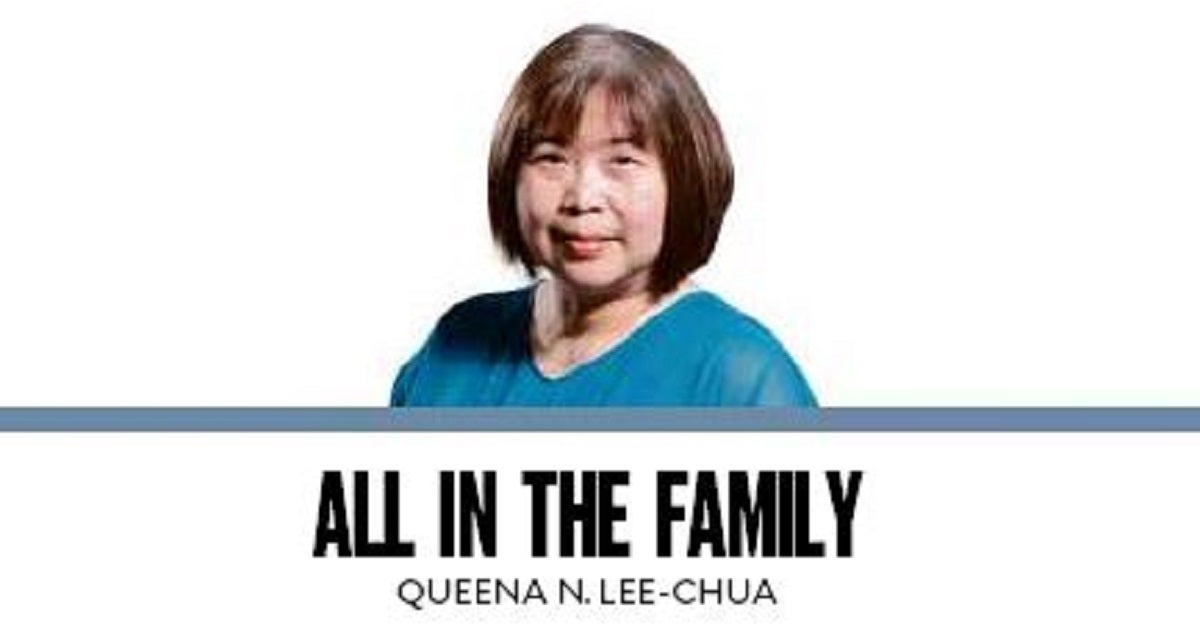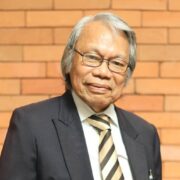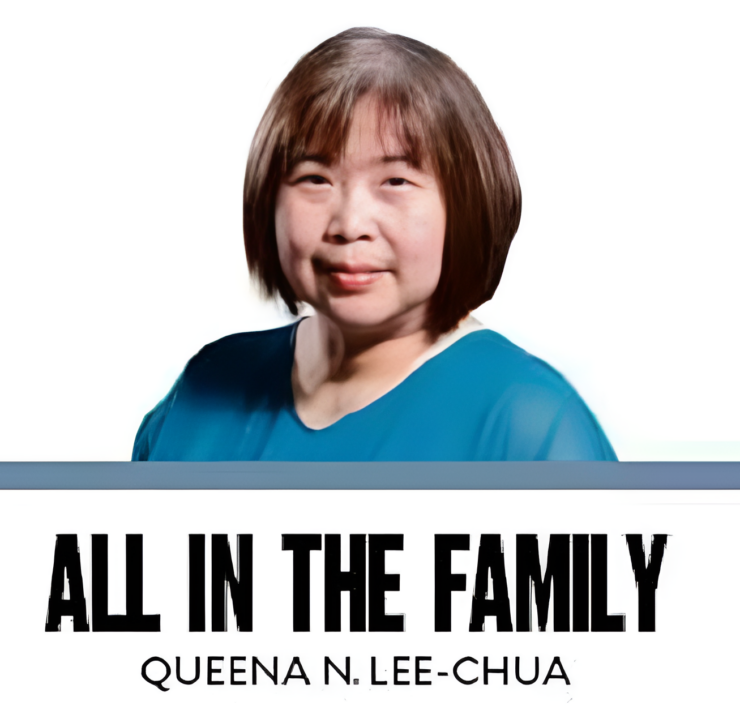Healing the family in business

I don’t play favorites,” Nanay, the matriarch of a retail business, tells her middle child Maria after the latter recounts how growing up, the eldest was praised for her diligence and the youngest indulged since he was the only son. “You are still acting out, even if we need you in the business.”We, humans, all have favorites, I tell Nanay. Even Jesus, fully divine and also fully human, had to choose (July 4, 2014).
In her book “The Way Out Is In,” National Social Scientist Honey Carandang says, “You cannot say that there is no such thing as favoritism [in the family], because in reality, there is. It is a human tendency. But what do you do about it?
“Be conscious and look carefully at the good qualities of a particular child whom you do not seem to like as much as another. Study and focus on [their] characteristics … and eventually you will be able to give more affection to this child.”
Maria is the classic tagasalo, who misbehaves to—unconsciously—pacify the family. For years Nanay and Tatay quarreled amid the pressures of starting an enterprise. The eldest coped by being a “model child,” but Maria was “the black sheep.”
Today the business is successful, with the eldest chosen even by Maria to be the successor. Things seem fine, until Maria decides to “abandon” her finance post to become a photographer. The parents are livid.
“The tagasalo, an indigenous concept, is the family member who senses the problem in the family and tries to make things right,” says Carandang. “The most sensitive of all, they see the problem but cannot articulate it … [except] by acting out or misbehaving.”
Doing photography does not make Maria “a problem,” I remind everyone. The family myth, which has never been articulated, is that everyone works in the business to make it grow. There is nothing wrong with that—Maria just happens to break that myth.
Only when the underlying family dynamics are sorted out can we focus on the business. Therapy hinges on what Maria—now an adult—still needs to be reassured of.
“Millions of parenting books [discuss] what children need from their parents,” says Carandang, “but you can summarize them into two simple sentences: My parents are okay. And I matter to them.”
After months of family therapy, Maria realizes that her parents do love one another (despite their squabbling) as she helps her siblings prepare for their parents’ golden wedding anniversary. It is harder for her to believe that she is indeed loved (a turning point comes when Nanay says the words out loud, and mother and daughter tearfully hug each other).
Families also need to strike a balance between individuation and enmeshment. Carandang uses the metaphor of eggs: in the West, families are like hard-boiled eggs, where members are well-defined individuals; in the Philippines, families are like scrambled eggs, where there is little room for individuality, and everyone takes on the family identity.
The ideal is sunny-side up eggs. “The yolks are separate, but the whites touch each other,” says Carandang. “You keep your own individuality but are still connected to other family members.”
When family bonds are strengthened, business matters fall into place. The family reaches a consensus—Maria will pursue photography on Friday and Saturday, and will continue to oversee finance from Monday to Thursday. She will also train her niece to take over her duties in the future.
Today, Nanay, Maria and the family are more mindful of how they think and act. Mindfulness is the key to living and loving, which Carandang learned from her mentor, the Buddhist monk Thich Nhat Hanh, who said: “The way out is in. The source of love is deep in us and we can help others realize a lot of happiness. One word, one action, one thought can reduce another person’s suffering and bring that person joy.” INQTo order “The Way Out Is In,” message Martha Umali at +639167363082 or at www.facebook.com/mlacinstitute.
Queena N. Lee-Chua is with the board of directors of Ateneo’s Family Business Center. Get her book “All in the Family Business” at Lazada or Shopee, or the ebook at Amazon, Google Play, Apple iBooks. Contact the author at blessbook.chua@gmail.com.

















